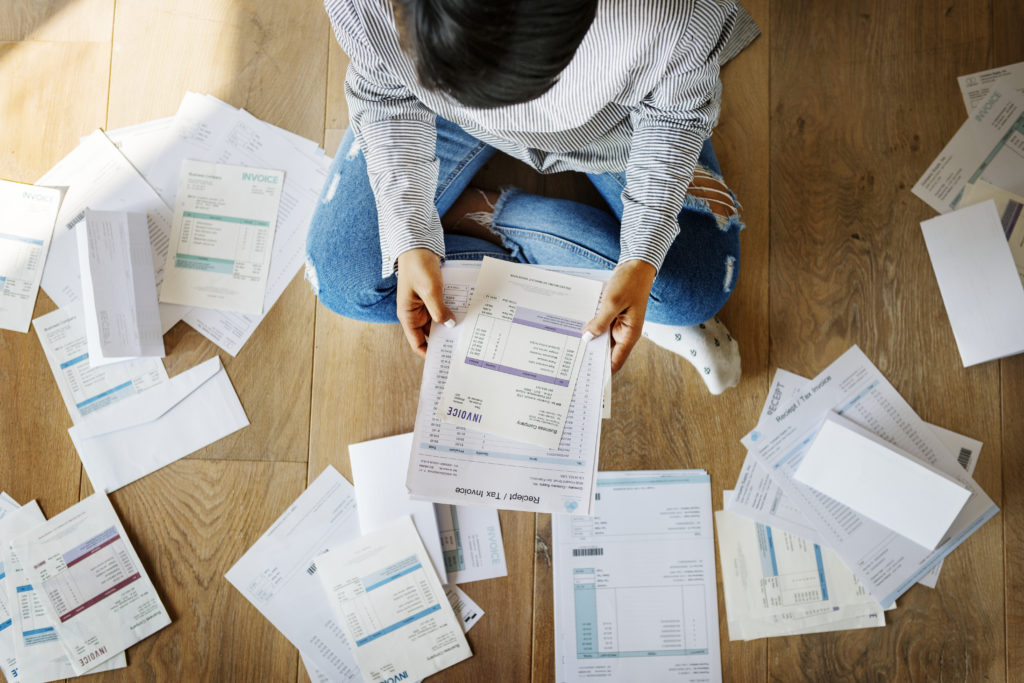
Important Dates
Tax season is here again, and it’s time to dig out your receipts and gather your paperwork. April 30th is Tax Day for the majority of Canadians. This is the deadline to both pay any tax due and file your return.
This year, if you are self-employed you will have until June 15th to file. You must remember, if you owe taxes though, you will still need to pay them by April 30th to avoid penalties and interest. Self-employed Canadians would be wise to stick to the April 30th deadline to avoid any unexpected or costly surprises.
On the flip side, if you just can’t wait to get your hands on that refund, the Canada Revenue Agency (CRA) will officially start accepting electronic returns on Feb. 24th.
While anticipating a tax refund is a great motivator to file early, so is having a large tax bill. Early filing will give you an opportunity to plan how you will pay your tax owing or to arrange installment payments. The more you can pay by April 30th, the fewer penalties and interest you will accrue.
Oh, and don’t forget your RRSP! A good thing to remember is that you can put money into your registered retirement savings plan (RRSP) at any time throughout the year, but if you want to realize a tax benefit for your RRSP contribution with your current return, the cutoff for adding funds this year is March 2nd as March 1st will fall on a Sunday in 2020.
Important Information for Self-Employed Canadians
The trick to successful tax filing for self-employed individuals is to be prepared. Unless you have incorporated, you will only need to file one return. This return includes all of the expenses usually encountered such as applicable medical, dental and tuition expenses. Collect the basic information needed for you, your spouse and any dependants such as social insurance numbers and dates of birth.
Business Information
To complete your return you will need to provide some basic information about your business activities, income, and expenses. If your business has a name you will be asked to provide it, otherwise, you can just provide your name and address.
Income & Expenses
It is important to keep track of the income you receive from your self-employment activities. Gather any invoice copies, bank statements or other slips that show proof of income received. You will also need to fill out the correct industry code that matches your type of business. More information on Industry Codes from the CRA website can be found here.
It is important to note: If you are filing your return electronically, you will use the industry codes from your tax preparation software.
You only use the industry codes listed on the CRA site if you are filing your General Income Tax and Benefits Return on paper.
I highly recommend using tax preparation software to file your self-employed tax return. These programs will search for eligible deductions and credits to find every tax break you qualify for. They will prompt you with step-by-step guidance to help you accurately complete your return.
There are several great options for tax preparation software in Canada. These include TurboTax, UFile, and SimpleTax, to name a few. All offer free versions but the level of assistance and restrictions on the free versions usually don’t make sense for self-employed filers. You can claim the cost of tax preparation software as a business expense.
I use and recommend TurboTax. It is simple to understand, and with the paid versions, it has excellent customer support. Full disclosure, if you purchase through this link, I may receive an affiliate commission.
Expenses
Expense information is slightly more complicated. The type of expenses you claim are directly related to your particular business activities. The key point here is to be reasonable. The CRA only allows you to claim reasonable business expenses incurred for the purpose of earning income.
More information on business expenses from the CRA website can be found here.
It is important to understand and claim all of your business-related expenses. Here is a shortlist of the most common expenses for self-employed tax filers.
- Bank Fees
- Office Supplies
- Inventory
- Advertising
- Busines-Use-of-Home Expense
- Cell Phone
- Vehicle Expense
Again, if you are using a tax preparation software to file your taxes it will make capturing all of these expenses much easier. TurboTax has a Self-Employed version that has a live assist and review option available where a tax expert can answer your questions while you prepare your taxes. When you are ready to file they can review your return to make certain it is accurate and you are getting your maximum refund.
Regardless of how you choose to file, be sure to file on time. Plan to file your taxes in advance so that you don’t feel rushed and miss any tax-saving opportunities. If your taxes are complicated consider getting advice from a local tax professional. Yes, professional advice can be expensive, but not filing on time, or making mistakes can end up costing you more.